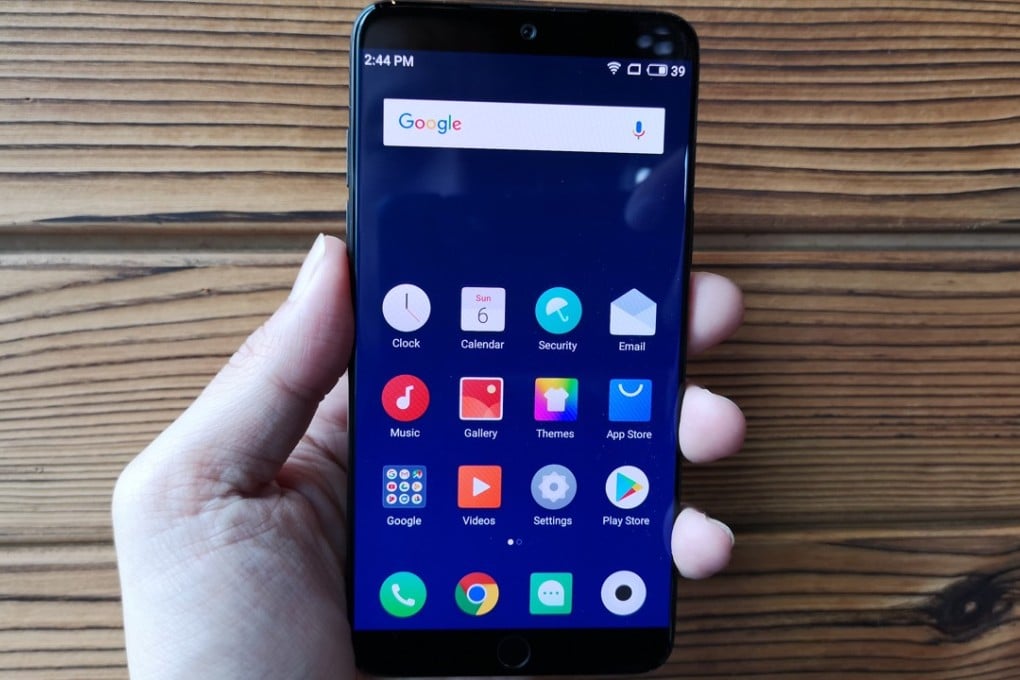Meizu 15 smartphone review: refreshing design differences and surprisingly good cameras
Meizu doesn’t follow the pack when it comes to design, and its anniversary handset looks different, has useful additional features and takes decent photos especially with a 3X zoom. The only downside is a relatively short battery life

Phone maker Meizu has come a long way since it made MP3 players in the early 2000s, carving a niche for itself selling budget and mid-tier smartphones in China and developing markets such as Vietnam, Indonesia and the Philippines over the past decade. To mark its 15th birthday this year, the company, based in Zhuhai in the Pearl River Delta, has recently released an anniversary phone that is, appropriately, named the “15”.

Design and hardware
Meizu’s phones have always followed its consistent design language, eschewing the trend-chasing constant redesigns of other Chinese companies such as Vivo. The 15, likewise, looks and feels similar to previous Meizu devices, which also makes it an outlier in the 2018 phone space: the 15 is a metal phone with a 16:9 aspect ratio display, and a circular home button on a bottom bezel that’s not ultra slim.
Some may wonder if it’s wise to stick with old trends, but they do give the 15 a somewhat refreshing user experience. It’s been a while since I’ve had to press into a home button, and the tactile feedback is an oddly satisfying sensation.
Review: Meizu Pro 7 Plus – dual-screen smartphone will change how you take selfies, and makes sure you don’t miss a thing
It helps that Meizu didn’t skimp on components: the home button of the 15 actually isn’t a moving mechanical button, but a faux-button that uses the same haptic engine inside the iPhone 7 and 8 to simulate the feeling of a click.